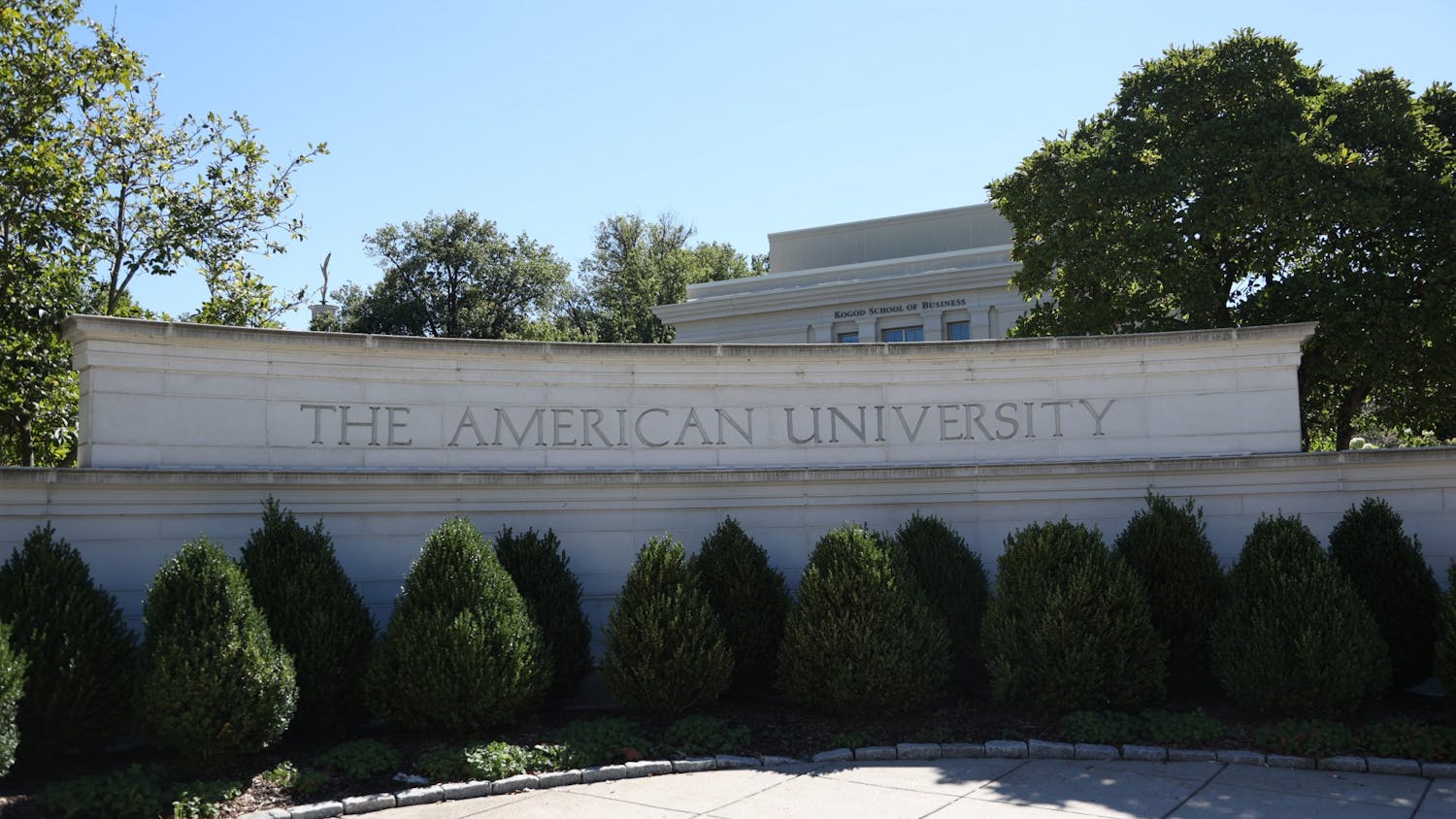A California federal appeals court struck the entertainment industry a blow on Aug. 19 with a decision that two popular file-sharing services are not legally responsible for illegal copying of movies and music.
The recording and movie industries sued Grokster and StreamCast Networks, which produces Morpheus, a file-sharing program, in an attempt to shut them down because people use them to share copyrighted files.
However, the ruling by the 9th Circuit Court of Appeals in San Francisco says that as long as legal content is present, Morpheus and Grokster are not responsible for the illegal content. The 9th Circuit Court's rulings are the most frequently rejected by the Supreme Court; this decision strongly opposes a ruling by a lower court.
The companies can still be held responsible for "contributory infringement" if their products are used to violate copyright. The decision states that file-sharing networks are responsible for contributory copyright infringement if there is "knowledge of the infringement [or] material contribution to the infringement."
However, if it can be proven that a product has uses other than illegal distribution of files, companies might not be responsible for the illegal content. In other words, those who use Morpheus or Grokster to trade photos with their friends, for example, are not violating any kind of copyright law.
Carl Whitman, executive director of e-operations at AU, agreed that file sharing can be used for legal purposes.
"Those companies had established pretty clearly that they had no accountability for how people might use their software inappropriately," he said. "The software's not the problem. It's how people use it."
Whitman stressed the importance of students knowing the difference between legal and illegal content.
The ruling will not change the way that trade organizations like the Recording Industry Association of America or the Motion Picture Association of America go after those downloading copyrighted material.
"We will continue to pursue legislative solutions and legal actions to address the ongoing illegal activity facilitated by Grokster and other [peer-to-peer] services," RIAA Chairman Mitch Bainwol said in a statement.
For more than a year, the RIAA has been taking legal action against thousands of people, including college students, suspected of sharing copyrighted files online.
This decision is different than past court rulings on file-sharing because it moves responsibility directly onto the user. In past situations, Internet service providers, such as Verizon and some colleges, have been required to give up the names of their users who are illegally sharing files.
"Today's decision should not be viewed as a green light for companies or individuals seeking to build businesses that prey on copyright holders' intellectual property," MPAA Chairman Jack Valenti said in a statement on the day of the ruling.




